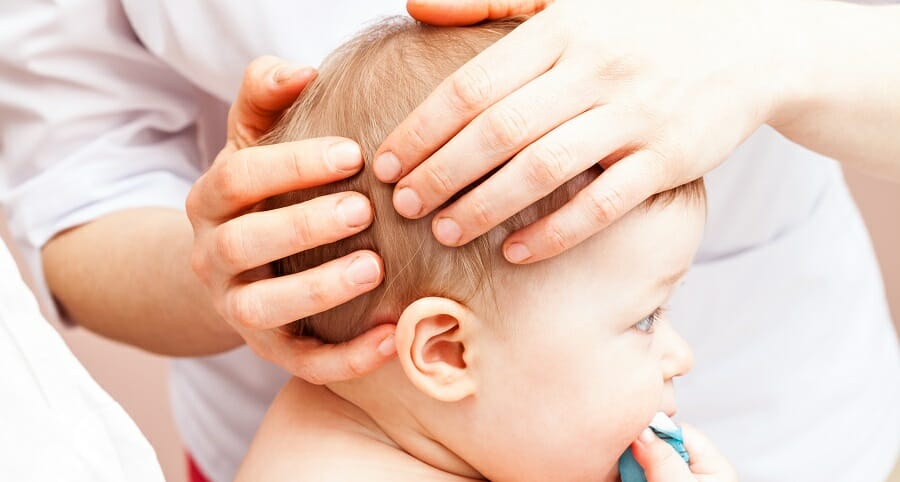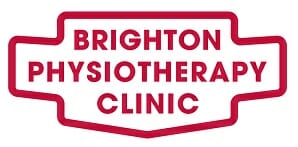Physiotherapy Treatments for Babies
Paediatric Physiotherapy
Most people already have a good idea of what physiotherapy can do for adults. The benefits of physiotherapy are vast, helping people who have movement difficulties, especially those recovering from injury or accident, people suffering from body pains, weak skeletal structure, and the elderly. But not many people know that physiotherapy can also benefit babies and toddlers.
Immediately after birth, your child begins to experience rapid growth and physical development. These changes will affect the body structure, muscles and bone density. There are situations where children experience difficulties during this growth stage, and a paediatric physiotherapist is the best person to assess, treat and monitor your child’s unique needs throughout this stage.
A paediatric physiotherapist is someone who is an expert in early child development as it relates to movement and cognitive functions. Even though children are built differently from adults, the movement is no less important. In fact, it is a core aspect of their development from children into adults. If it looks like your baby is slow in exploring their body and environment, they will benefit from physiotherapy by someone who is trained in paediatrics.

Signs that show your baby need physiotherapy
There are a number of reasons why you should consider paediatric physiotherapy for your baby. Of course, just like adults, each child is unique and will likely develop at his or her own pace, but there are pointers to show that your child needs special physiotherapy care.
Some of the developmental disorders and difficulties that would warrant paediatric physiotherapy include:
Getting proper help
Research has shown that early discovery and intervention can greatly improve the outlook for children with developmental delays, so recognizing and immediately treating developmental delay in your child is vital if you want them to get better and have a proper life.
If you are concerned about your baby’s development, don’t hesitate to seek expert advice. Call Brighton and Hove Physiotherapy and Osteopathy on 0000000000 to find out the best approach for your special child.
Babies FAQ’s
While this figure is surely a cause for concern, it doesn’t change the fact that proper paediatric physical therapy, when started on time, will significantly benefit a child in this condition.
Developmental disabilities also known as permanent developmental delay is a condition that continues after childhood. In most cases, children with this condition will still experience delay in learning, skills and certain activities even when they reach school age. However early detection and intervention will also help these children catch up and improve over time.
Once you notice signs of developmental delay, you should consult an expert immediately because the faster the situation is handled, the quicker your child will catch up with his or her mates.
